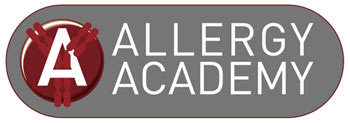|
|
|
|
In 2007 the House of Lords Science and Technology published a damning report on the provision for allergic illness within the NHS. Reinforcing the finding of earlier repors such as the Royal College or Physicians 2003 report, Allergy the Unmet Need: a blue print for patient care, their lordships called for, amongst other measures, more specialist allergy centres and better training for health professionals from primary care through to consultant level. Having heard many such calls over the previous ten years, none which had resulted in any significant changes in allergy provision, the allergy community heaved a big sigh, commended their lordships for their efforts but did not get over excited about imminent change. But, things were stirring…. In 2005 the new Evelina children’s hospital had opened within the St Thomas’ hospital complex on London’s South Bank incorporating within its services a dedicated children’s allergy clinic. (See our article here.) The unit was run by three top class allergists, Professor Gideon Lack and Drs Adam Fox and George Du Toit, staffed by specialist paediatric and allergy nurses and dietitians, and was already working with a group of international research allergists. By the time of the House of Lords report, the Evelina team had already set up the LEAP research study on peanut allergy and had already run a three day course on paediatric allergy for doctors which had been hugely over subscribed. First published in February 2012
More articles on the management and treatment of food allergy and intolerance Back to top |













